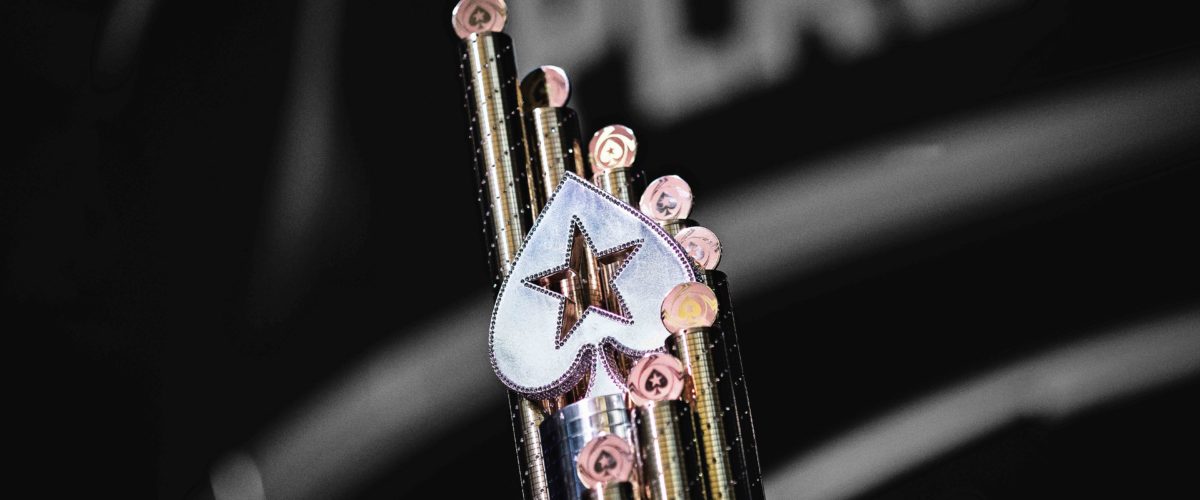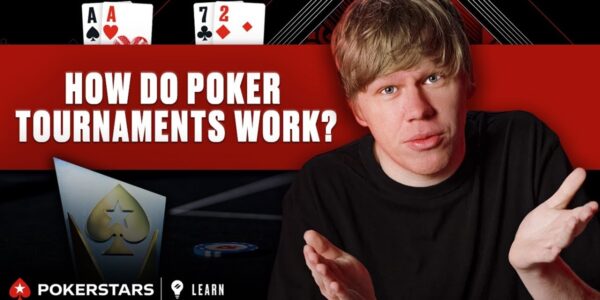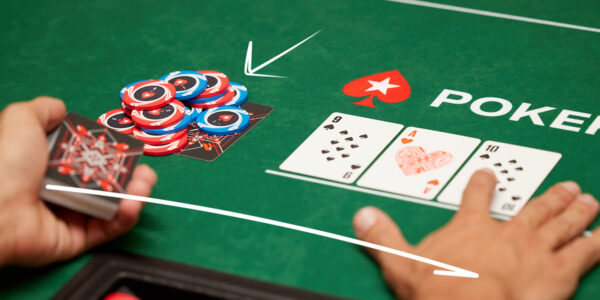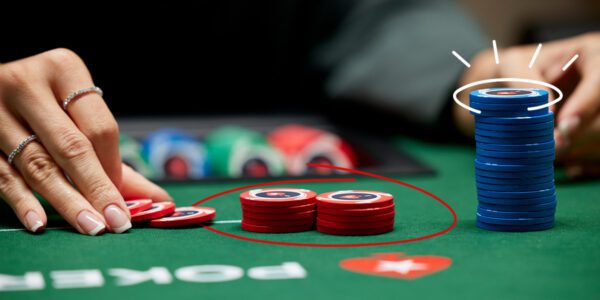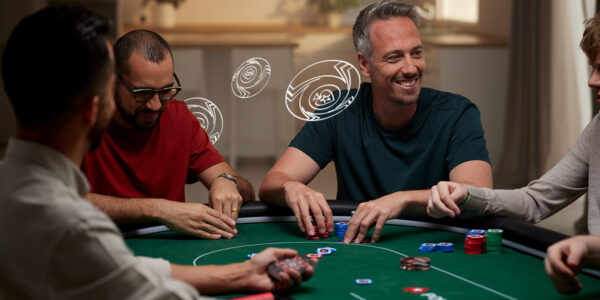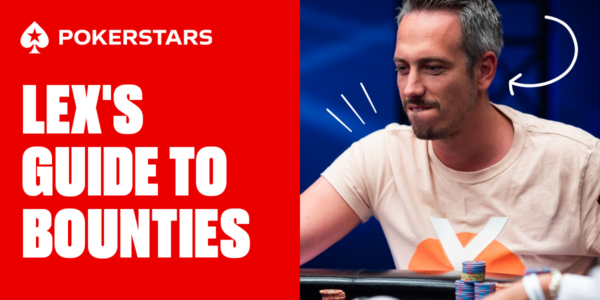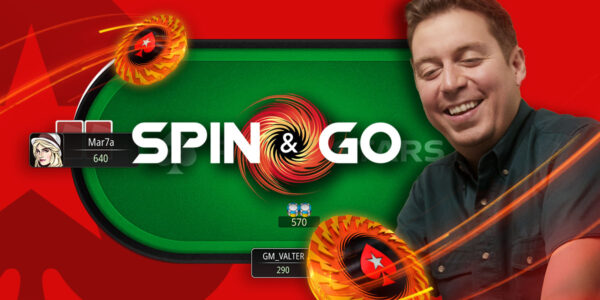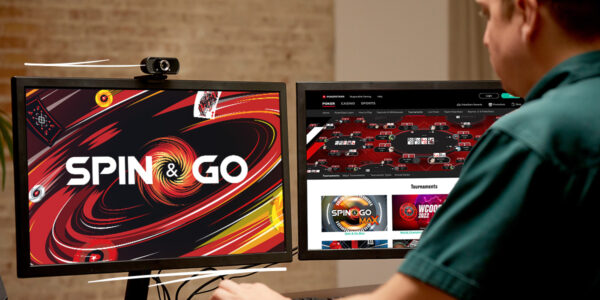Coming Back from the Dead in MTTs
Occasionally we all have circumstance to find ourselves very short in a tournament. Even those who loath to blind down super short are not immune. An all-in confrontation lost against a stack we just barely cover will get us there. So what can we do when this happens?
First let’s start with a story from my personal experience. I was playing a live satellite to a main event of a big live tournament series. It was a mega satellite and it was still early, with blinds at 100-200 and a 25 chip ante. There was a big confrontation between two players, resulting in an all-in and call. After the winner was determined, the stacks were counted. The losing player had the winner covered by a single green 25 chip. He was UTG the next hand, all in preflop for his 25 chip ante. He won that random hand, and was forced all in again on his big blind the next hand. He won that one too, and subsequently went all in on his small blind hand, taking that one down as well. This player came back from a single 25 chip to not on only get back in the game, but go on to win one of the $1650 seats. No doubt most readers have heard some type of similar “chip and a chair” story before. But the point remains, while it was certainly improbable this player would recover, it was not impossible. And while this was the most extreme of examples (and amazing to witness in person), the grander point also remains: Having a few chips, while certainly less than ideal, is significantly better than having zero chips… you still have retained some equity in the prize pool, and anything can happen.
So how can we give ourselves the best chance possible to recover from a stack that has gotten so short we are essentially in the dead zone? Here are some tips for when you’re faced with this unenviable situation:
Don’t Give Up! You are looking to find the best spot you can to get the rest in, and while you no longer have the luxury of waiting for monster starting hands, you can at least be a bit more selective than sticking the chips in with 93o on the next deal.


Stay Calm. Panic causes you to do things that look like giving up. You’re super short, and you’re probably going to bust soon… but keep it in perspective. Busting out is what happens to us in almost all tournaments we enter… there can only be one winner after all. Stay calm so you can:
Play the Situation As Best You Can, Taking it One Spot at a Time. Focus on each decision, and just make the best one you know how. Pay attention to the blinds and how many hands you’ll actually see before you’ll be forced all in. At each spot ask yourself, is this a reasonable spot, and what are the chances I can find one even better if I pass this one, in X number of hands?
Try to Pick as Good a Spot as Possible to Put the Last Chips In. While we don’t have the luxury of waiting for a premium, let’s review what things we should be looking for and considering to pick the best spots possible:
- A better than average starting hand. This is first and foremost… while we won’t have time to wait on a big hand, that doesn’t mean we can only be dealt trash. As any push/fold chart will tell you, most above average starting hands are very +EV to get in the middle when your stack is super short.
- A big overlay via a multiway pot. While shorthanded situations give you the best chance to double up, a multiway pot provides a big price overlay that may be too attractive to pass up. A single double through will need to be repeated as you’ll still be short even after winning it. A multiway situation that’s giving you 6 or 7 to 1 on your money will be harder to win, but gets you some actual chips to play with immediately when you take it down.
- A shorthanded situation. Having to only beat 1 opponent gives you the maximum chance for survival while adding some much needed chips to your stack.
- A bigger stack that has opened in front of you. One of the detriments of having a super short “dead zone” stack is we don’t garner any fold equity… when we do shove, we just don’t have enough chips to make people fold, particularly the big blind player who will be getting a correct price to call us very wide and simply run out the board and see who wins. It’s still possible to obtain some fold equity however to place ourselves in a shorthanded situation… we simply have to borrow it. If a bigger stack that does have fold equity has already opened in front of us, we may choose to “piggyback” on their fold equity and put the chips in, increasing our chances to be in a shorthanded pot. If this is a player we’ve observed opening wide ranges, so much the better.
It’s an unfortunate reality of tournament poker that we will, on occasion, find ourselves extremely short stacked with no tangible fold equity and little time left before actually blinding all in. When the fates deal us lemons and leave us in this precarious spot, try to remember that some chips, even just a few, are significantly better than none. Stay calm, take it one decision at a time, and pick your spots wisely to give yourself the best chance possible to make lemonade and rally back in the tournament.
Have you experienced being super short stacked and coming back?


